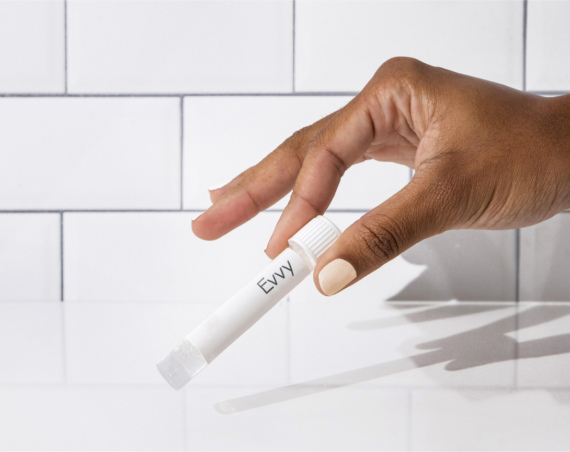
Endometriosis, a condition impacting approximately 1 in 7 Australian females and individuals assigned female at birth (AFAB), presents significant challenges due to its debilitating symptoms and diagnostic complexities. In response to these challenges, the CHARLI app has been introduced in collaboration with Endometriosis Australia, aiming to enhance reproductive health tracking and management, particularly for those living with endometriosis.
The initiative was spearheaded by Associate Professor Anusch Yazdani, Medical Director at Endometriosis Australia, along with a team of medical and allied health experts. The primary objective of CHARLI is to address existing disparities in healthcare access and diagnostic support, with a specific focus on improving outcomes for individuals in rural and remote areas where access to specialist care may be limited. With an average diagnostic delay of six years from symptom onset, CHARLI endeavors to reduce this delay by empowering users to track and monitor various aspects of their reproductive health, including menstruation, fertility, sexual health, pregnancy, and peri/menopause, while also identifying potential signs of endometriosis. Developed by leading Australian medical and allied health experts together with consumers, CHARLI app uses secure AI technology to help Australians track and monitor menstruation, fertility, sexual health, pregnancy, and peri/menopause, and identify pain or possible conditions like endometriosis.
Samantha Costa, Clinical Specialist Nurse and Midwife and co-creator behind the technology said CHARLI aims to support Australians in embracing their health every step of the way. “CHARLI’s your health companion in your pocket and is here to address the shame, silence, and stigma that still exists surrounding female health-related symptoms. We’re grateful to partner with Endometriosis Australia to support the 1 in 7 Australians living with the condition and provide a quicker diagnosis and easier support.”
CHARLI.app identifies abnormal patterns via self-logged data as well as information sources from wearables, such as Apple watch and FitBit. Based on data, the app promotes lifestyle change and alerts to user to talk with their doctor about important reproductive conditions including endometriosis, through user data driven AI algorithms. Key features of the CHARLI app include CHARLI.clinic, a virtual platform connecting users with designated healthcare professionals, including GPs, specialists, and allied healthcare practitioners. Through CHARLI.clinic, users gain access to personalized support and resources, including group sessions and webinars, fostering a comprehensive approach to endometriosis management.
Dr Claudia Duke, Brisbane-based GP who was part of the development team, said that CHARLI app is a critical evolution for rural and remote populations, that have limited access to specialists: “The app’s development was led by a multidisciplinary team of nurses, GP’s, and specialists with experience in the management of the rural and remote patients. The lived experience ,of women and girls facing the challenges of puberty, endometriosis, infertility and menopause with limited access to care, contributed to the development of the AI app and virtual clinic.”
CHARLI.research, another component of the app, allows those who wish to, to participate in third party approved research projects. Monica Forlano, Chair of Endometriosis Australia says the organisation has always championed research into this disease and empowering those with endometriosis with latest findings: “To provide better treatment options, we need to unlock critical new information about endometriosis, and researchers simply can’t do it without help and collaboration of those living with the condition.”



